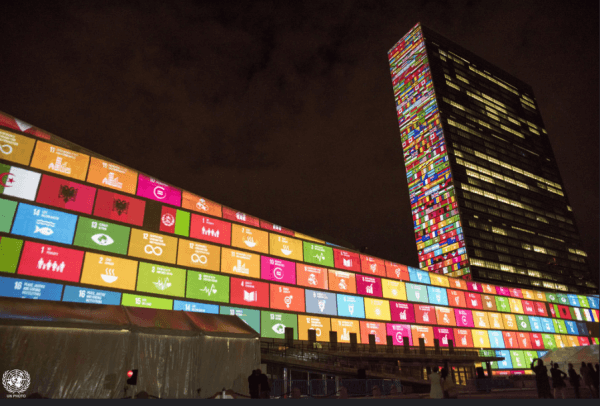The Cost of Ignorance Revisited: A Reply by Silvia Montoya
By Silvia Montoya, UNESCO Institute for Statistics
A blog in reply to ‘The Cost of Ignorance Revisited: Imitating the OECD or Learning to Be Critical?’ (12th April, 2017)
It’s certainly a necessary and worthwhile pursuit to assess and validate findings and research hypotheses in such a challenging area because it helps to improve them. But I would leave the critique of the model’s assumptions to Hanushek and Woessman to consider.
I am more concerned with how the authors misrepresent UNESCO’s position, despite the fact that much has been discussed in various fora and published on this site as well as many others, such as the Data For Sustainable Development Blog. In particular, I would like to draw your attention to the Sustainable Development Data Digest, which highlights the breadth and complexity involved in the aspirations of the SDG 4 learning targets, and trying to measure them through the collaborative work of the Global Alliance for Monitoring Learning (GAML). Learning to be critical is also about doing your homework!
My blog does indeed endorse the use of existing international assessments, including regional initiatives in Africa (e.g., SACMEQ, PASEC) and Latin America (SERCE/TERCE) and potentially citizen-led assessments in the short-term for helping to consider which existing measures could be used to monitor SDG4. We have these figures in hand, but this does not imply wishing for a single global test in any way. And the essential point here is that without these initial figures (which are comparable across countries and allow for tracking), education quality could risk dropping lower on the international agenda. Clearly this is not seen as a risk worth taking by the education community at large.
However, even the short to medium-term vision for monitoring progress must consider how to integrate data from national assessments. This will involve supporting countries to better collect quality data and use the information to improve learning in schools and classrooms. And let me add that UNESCO is fully on-board in helping countries to address a range of critical questions, such as how they might better design their national assessments and use the results or how they might link to a global metric (not a global test!) and ensure that existing assessments are of good quality. These discussions will continue at the upcoming meetings of the Global Alliance to Monitor Learning and the Technical Cooperation Group, which are uniquely designed to ensure that the perspectives and needs of countries are met, first and foremost.
Silvia Montoya is Director of the UNESCO Institute for Statistics.
>> View all NORRAG Blogs on learning
NORRAG (Network for International Policies and Cooperation in Education and Training) is an internationally recognised, multi-stakeholder network which has been seeking to inform, challenge and influence international education and training policies and cooperation for almost 30 years. NORRAG has more than 4,500 registered members worldwide and is free to join. Not a member? Join free here.
Disclaimer: NORRAG’s blog offers a space for dialogue about issues, research and opinion on education and development. The views and factual claims made in NORRAG posts are the responsibility of their authors and are not necessarily representative of NORRAG’s policy or activities.

